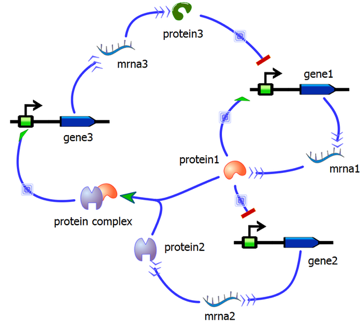In recent years, biotechnology has emerged as one of the most promising and rapidly evolving fields in the realm of science and technology. From gene editing to synthetic biology, the advancements in biotechnology have the potential to revolutionize various industries and improve our quality of life.
Gene Editing: Unlocking the Potential of DNA
Gene editing technology, such as CRISPR-Cas9, has opened up new avenues for researchers to edit the DNA of plants, animals, and even humans with unprecedented precision. This revolutionary tool allows scientists to target specific genes and make precise changes, such as correcting genetic mutations or introducing beneficial traits.
Gene editing has the potential to transform agriculture by creating crops that are more resistant to pests, diseases, and environmental stresses. In the medical field, gene editing holds promise for treating genetic disorders, such as cystic fibrosis and sickle cell anemia, by correcting the underlying genetic mutations.
Synthetic Biology: Designing Living Systems
Synthetic biology takes gene editing a step further by designing and constructing artificial biological systems from scratch. By combining biology with engineering principles, scientists can create microorganisms that produce valuable chemicals, materials, and pharmaceuticals.
One of the most exciting applications of synthetic biology is the production of biofuels from renewable sources, such as algae and bacteria. These biofuels offer a sustainable alternative to traditional fossil fuels and have the potential to reduce greenhouse gas emissions and combat climate change.
The Future of Biotechnology: Opportunities and Challenges
As biotechnology continues to advance, there are endless possibilities for innovation and discovery. From personalized medicine to bio-based materials, the future of biotechnology is bright and full of potential.
However, with great power comes great responsibility. The ethical implications of gene editing and synthetic biology must be carefully considered to ensure that these technologies are used for the greater good and do not cause harm to society or the environment.
Conclusion
In conclusion, the rise of biotechnology, from gene editing to synthetic biology, is transforming the way we approach scientific research, healthcare, agriculture, and environmental sustainability. With continued investment and collaboration, biotechnology has the power to shape a better future for all of us.
Are you ready to be a part of this exciting revolution in biotechnology?


